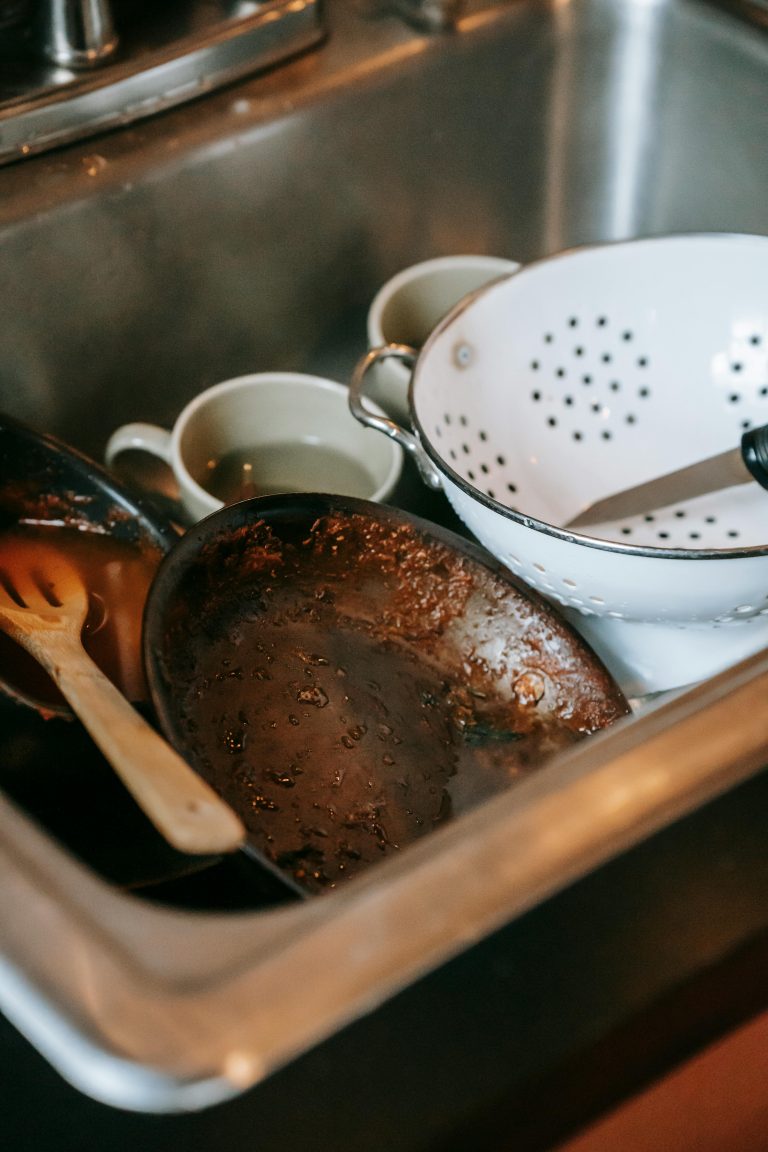Things You Should NEVER Put Down Your Drains
Proper care of your drains is essential for maintaining a healthy and efficient plumbing system. Many homeowners unintentionally cause clogs, pipe damage, and costly repairs by disposing of the wrong items down their sinks and toilets. Knowing what not to put down your drains can save you time, money, and frustration in the long run.
Seek Professional Help When Needed
If you experience frequent blockages or slow drains despite your best efforts, it’s wise to contact a professional. A 24 hours plumber can provide immediate assistance, ensuring your plumbing issues are resolved quickly and efficiently. Their expertise and tools can tackle even the most stubborn clogs, preventing further damage to your pipes and home.
Items You Should Never Put Down Your Drains
- Grease, Fats, and Oils: While they may be liquid when hot, grease, fats, and oils solidify as they cool, causing blockages that can be difficult to clear. Instead, collect these substances in a container and dispose of them in the bin.
- Coffee Grounds: Coffee grounds don’t break down easily in water and tend to clump together, creating stubborn clogs. Dispose of them in your compost or rubbish bin instead.
- Eggshells: The membrane inside eggshells can stick to your pipes, while the shells themselves can combine with other debris to create blockages.
- Flushable Wipes: Despite being labelled as “flushable,” these wipes don’t break down like toilet paper and can cause significant clogs. Always throw them in the bin.
- Hair: Hair is a major culprit for bathroom sink and shower drain clogs. Use a drain cover to catch hair and dispose of it in the rubbish.
- Food Scraps: Large food scraps, especially starchy or fibrous items like potato peels or celery, can create blockages. Use a compost bin or food waste disposer to handle food scraps appropriately.
- Chemicals: Harsh chemicals, such as paint, solvents, and cleaning products, can corrode your pipes and harm the environment. Dispose of them according to your local hazardous waste guidelines.
- Medication: Flushing medication down the drain can contaminate water supplies and harm aquatic life. Return unused or expired medication to a pharmacy for proper disposal.
Preventative Measures for Healthy Drains
- Install Drain Screens: Use drain screens to catch hair, food particles, and other debris before they enter your pipes.
- Run Hot Water: After using your sink, run hot water to flush away any grease or oils that may have entered the drain.
- Regular Maintenance: Schedule routine inspections and cleanings with a professional plumber to keep your plumbing system in optimal condition.
Conclusion
Being mindful of what you put down your drains is crucial for preventing clogs and maintaining a functional plumbing system. When in doubt, it’s better to err on the side of caution and dispose of items in the rubbish bin instead. If problems persist, a 24 hours plumber can provide the support you need to keep your home’s plumbing running smoothly. Taking these precautions will save you from costly repairs and ensure your drains stay clear for years to come.


